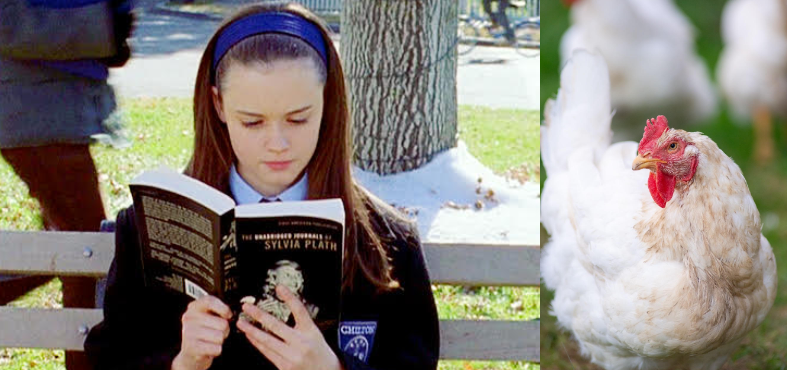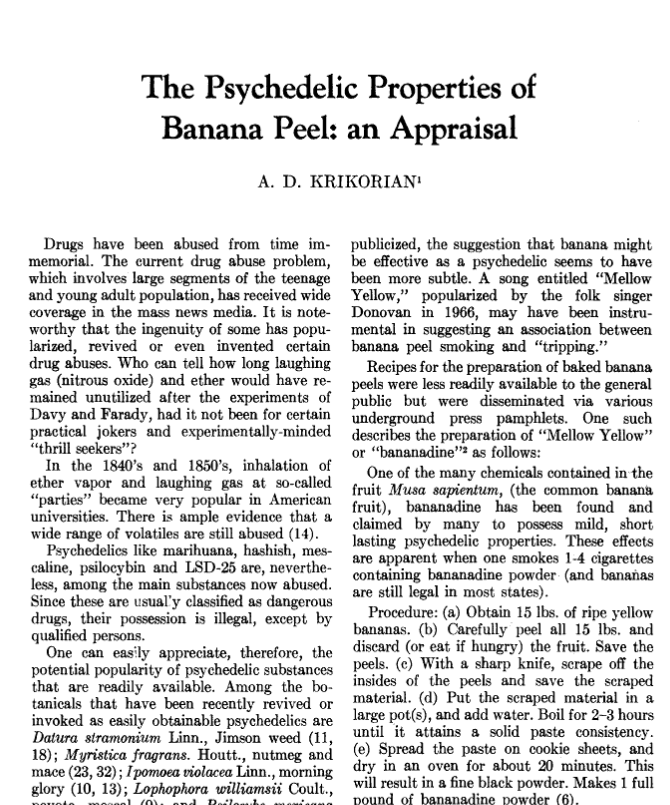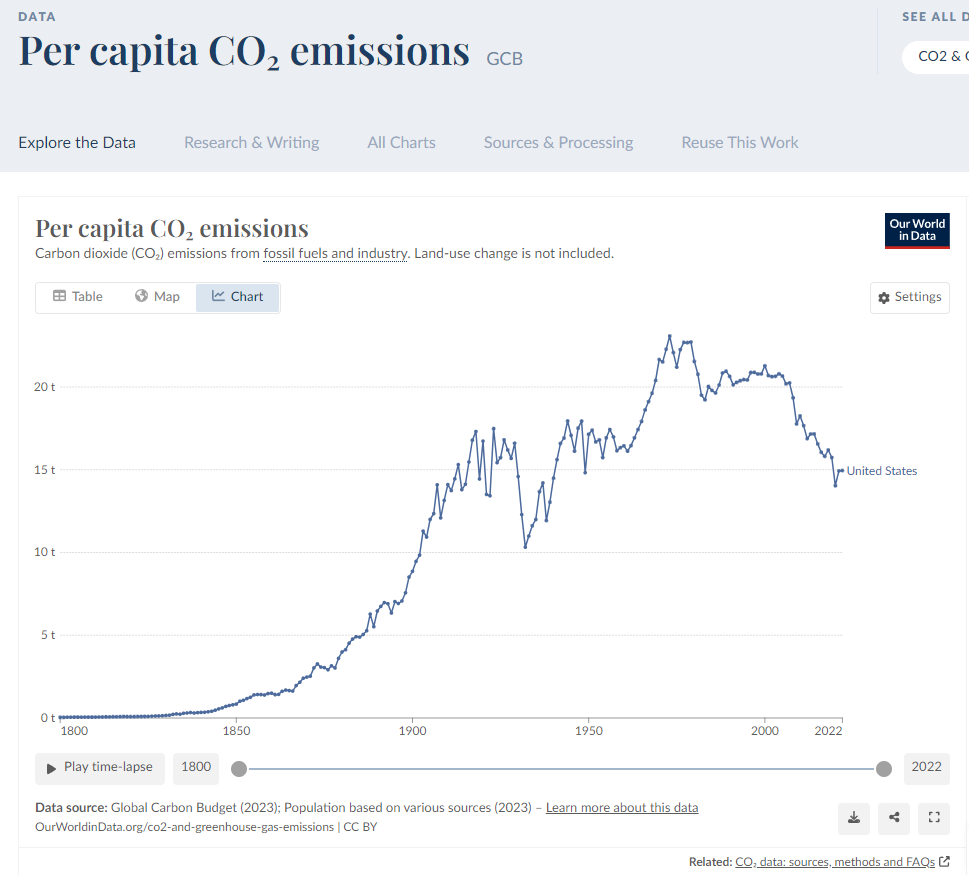 Halloween Horror Science: Are Chickens That Learn A Bigger Threat To Us Than AI?
Halloween Horror Science: Are Chickens That Learn A Bigger Threat To Us Than AI?The American Society for the Prevention of Cruelty to Animals (ASPCA) vegetarian advocacy group ...
 Ignore Critics, Gen Z, We Weren't Smarter In 1984
Ignore Critics, Gen Z, We Weren't Smarter In 1984It's commonplace for older generations to criticize the young. In my early career, an older fellow...
 Taking The Book Of The Dead To Heart
Taking The Book Of The Dead To HeartIn ancient Egypt, the heart was the key to a happy afterlife. It lived on after death, they believed...
 American CO2 Is Below War War II Levels But We Keep Emissions High In Poor Countries
American CO2 Is Below War War II Levels But We Keep Emissions High In Poor CountriesIn politics, one way to make your belief in alternative energy seem feasible is to make its competitors...









